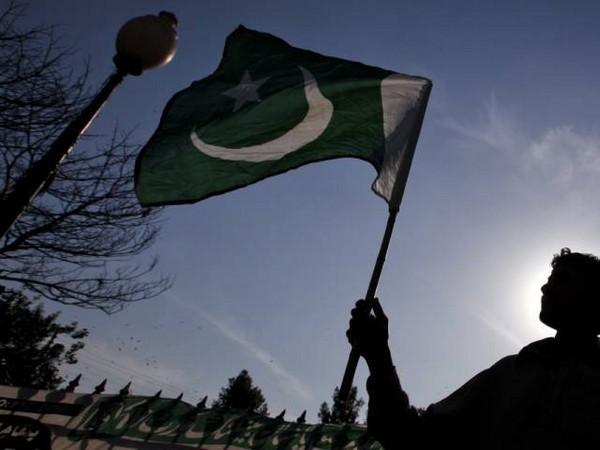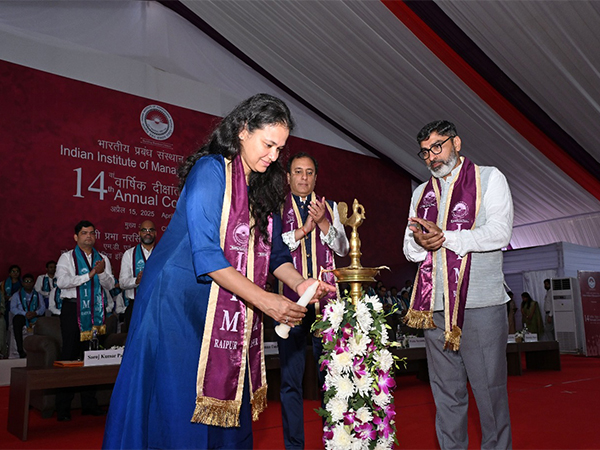'Every foreign journalist is under surveillance': Journalist narrates his China escape story
Sep 22, 2020

Canberra [Australia], September 22 : In a chilling revelation, an ABC journalist narrated his experience in China and how he and his family escaped after being intimidated by Chinese authorities.
In an article for the ABC, Matthew Carney, who served as the ABC's China bureau chief from 2016 to 2018
"The fact is that every foreign journalist in China is under surveillance. But tracking my activities picked up significantly after that Friday night phone call," he writes.
"There is the kind of surveillance the Chinese government wants you to know about. When I was reporting on the mass detentions of Uyghurs in Xinjiang, for example, the ABC team was surrounded by about 20 security officials, followed by midnight knocks on our hotel room doors and questioning about our daily activities," he says.
Giving the grim and horrifying details of intimidation by the Chinese government, Carney said that he has seen the hidden cyber-surveillance.
"One night in the early hours of the morning, I woke to see someone remotely controlling my phone and accessing my email account. They searched and found an email from activists in New York that I was CC'd into requesting to have the famous ABC 'tank man' footage from the Tiananmen Square massacre given a UNESCO heritage listing," he writes.
"The email was left open so I could see it, which I believe was a deliberate attempt to let me know they were watching," he says.
Following the call, the journalist was threatened for months.
He said that one way the Chinese authorities try to force foreign journalists to self-censor their work is by threatening not to renew the 12-month residency visas. "I anticipated trouble, so submitted my renewal application six weeks before it was due to expire. If things were okay, you could expect approval in about 10 days. I did not get a response," he writes.
Instead, he was ordered to the Ministry of Foreign Affairs for "a cup of tea", a phrase that every "foreign journalist knows is a euphemism for a dressing down".
He was questioned during the call by the Chinese Foreign Ministry official.
"It was now a week before my visa was due to expire and with it the supporting visas for my wife and three children," he says.
T
"Once in the hands of Public Security, we entered into territory where interrogations and detentions are the norms. As I mulled the possibilities, fear sank into my gut. If this is where our investigation had ended up, then we were in serious trouble," he adds.
In the coming days, they were interrogated and were told they will be put into detention.
After a round of calls to embassy staff, Chinese colleagues and the ABC, the journalist and his family decided the best approach was to confess guilt and apologise for the "visa crime", with the condition that his daughter Yasmine stayed with them. She was mostly unaware of the severity of the situation.
"When the lead interrogator returned she told us she would consider our confessions, write a report on our case and send it to "the higher authority" for judgement.




















